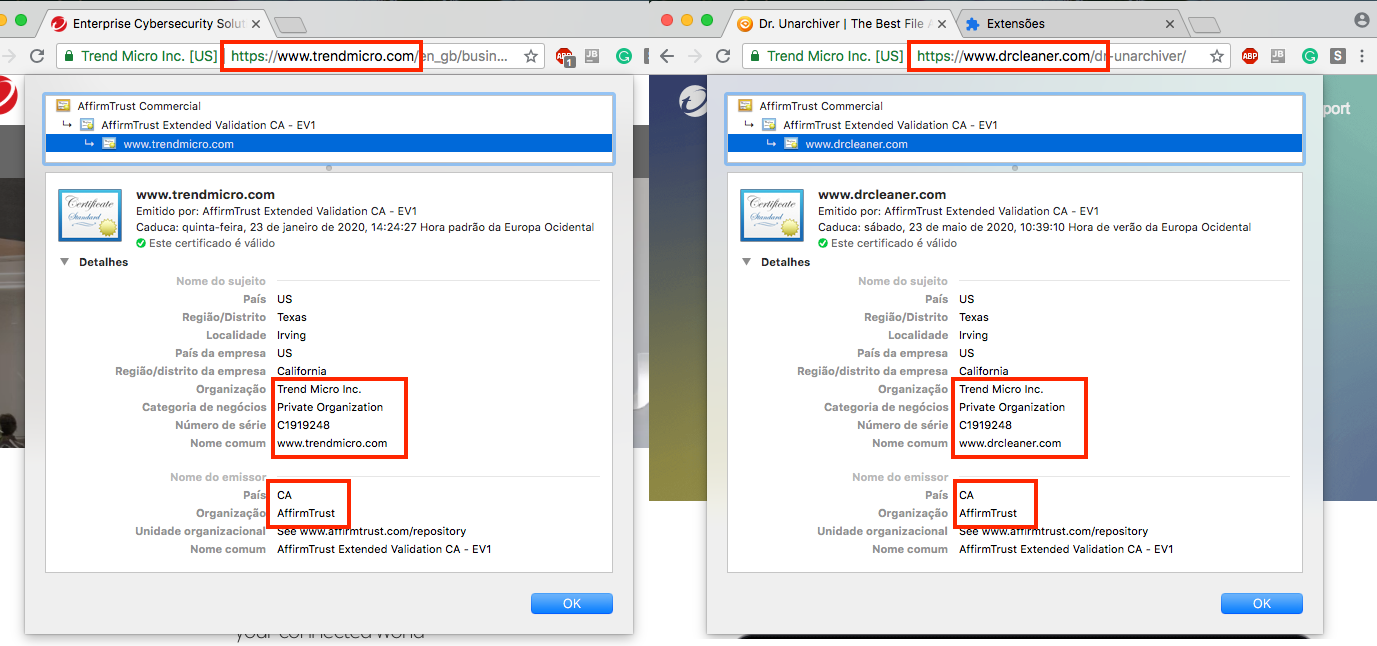

Just 9% of respondents were confident AI would definitely not replace their job within the decade and close to a third said they thought automation technology would eventually replace almost all need for cybersecurity professionals.

The research was based on interviews with 500 IT directors and managers, CIOs, and CTOs, and likely won’t do much in attracting new professionals towards a long-lasting career in infosec. However, a new report by Trend Micro found that two-fifths (41%) of IT leaders believe AI will replace their role by 2030, with the cloud security firms predicting that remote and cloud-based systems will be targeted ruthlessly in 2021. Until now, automation has not been regarded as a “fix-all” solution in cybersecurity, with the “human factor” – advanced knowledge and experience – considered the most important aspect of information security. That makes sense, and the cybersecurity solutions market is so busy and competitive that these kinds of tools are becoming available to reduce the growing burden of work on existing professionals. Naturally, given a shortage of expertise and the evolution of technology taking place constantly, automation has been eyed as the solution to this skills deficit.

According to research last year by IT security organization (ISC)², there are 2.93 million unfilled cybersecurity positions around the world. 5 cybersecurity trends we spotted in 2020īut finding skilled professionals to deploy and manage effective cybersecurity initiatives is proving the biggest struggle.


 0 kommentar(er)
0 kommentar(er)
